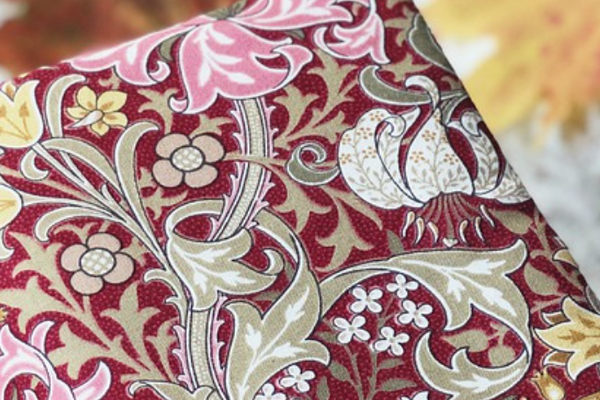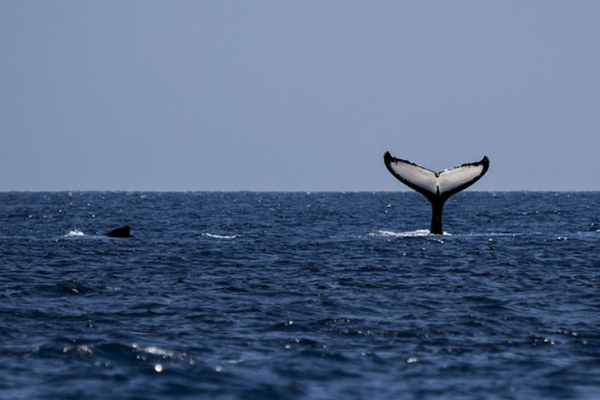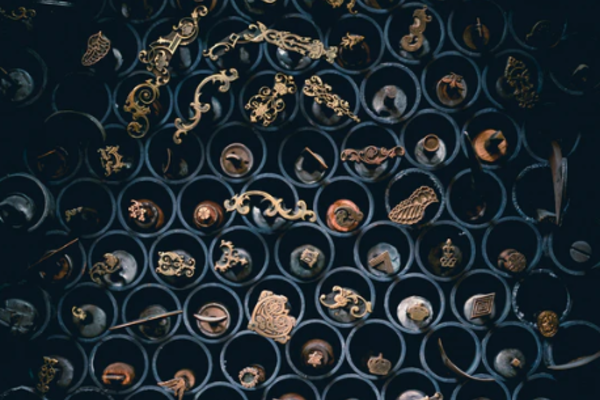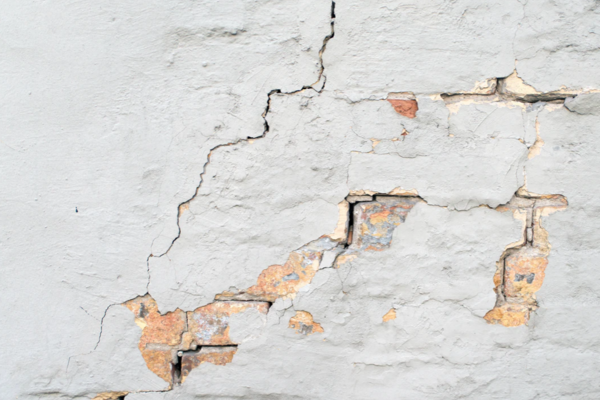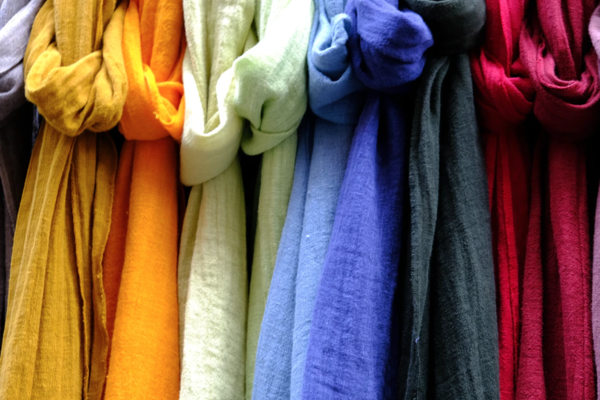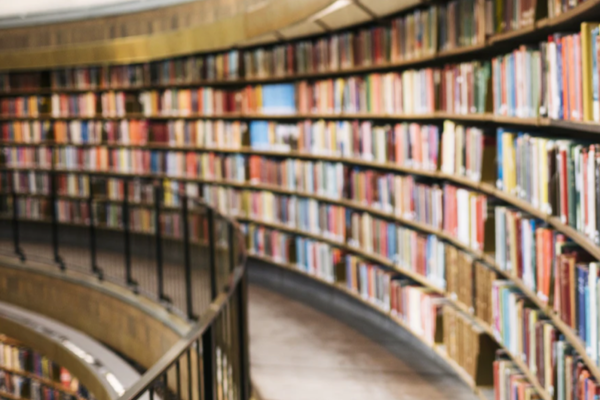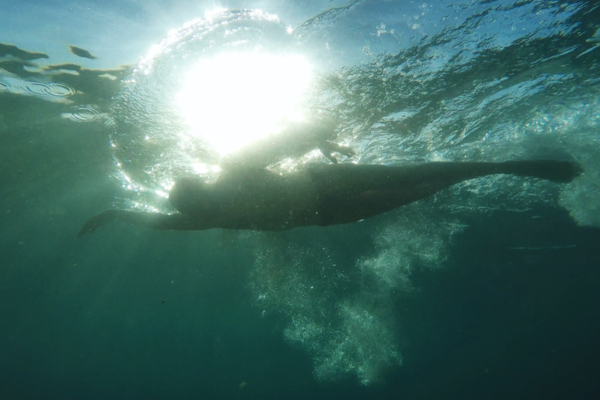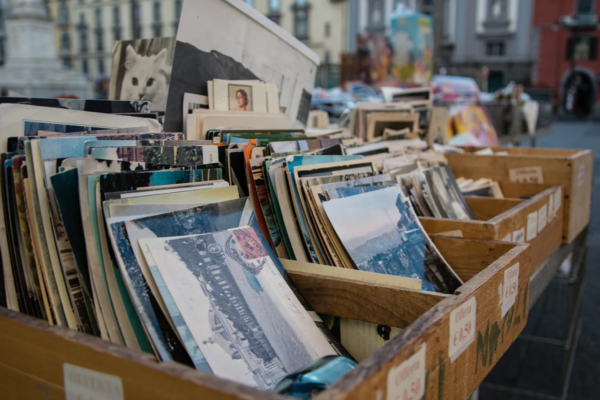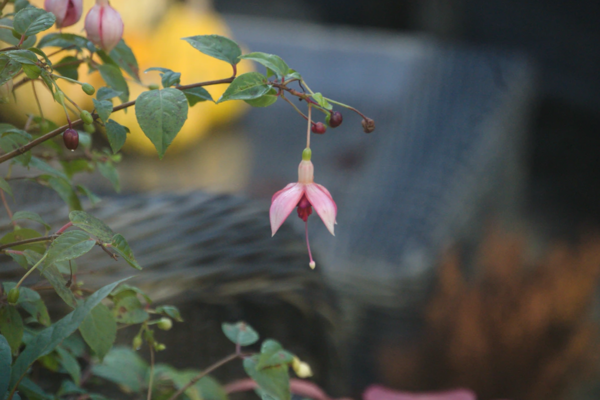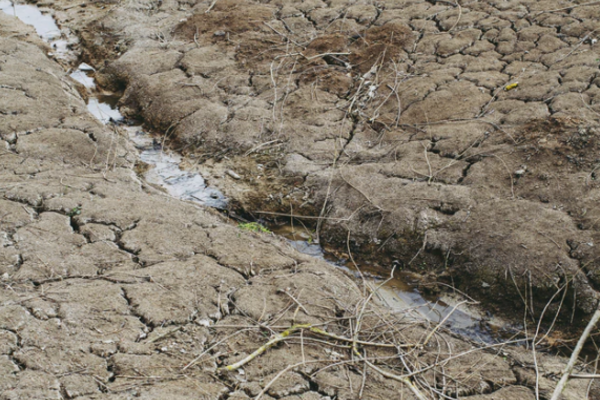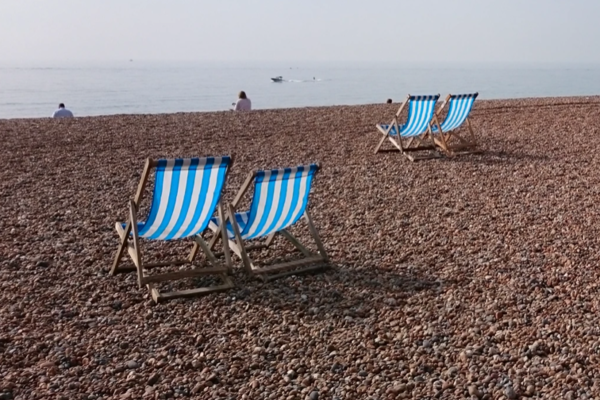Cocooning to survive Lockdown
I’m writing this part way through the third U.K. lockdown. It’s the end of January 2021 and the government has just announced the national death toll has reached 100,000, with numbers still increasing.
Like many disabled people, I began my lockdown at the beginning of March 2020. I had just completed my last two training days, qualifying me to teach all the MHFA England adult Mental Health First Aid courses. I was ready to pass on my skills to others who would need them. The news from Wuhan, and the U.K. infection numbers being announced, made me realise that COVID-19 was highly transmittable and lethal.
Having several complex health conditions and only 40% lung function, I knew if I caught COVID-19 it would kill me. I determined I would not put myself at risk. On four occasions in the last few years I’ve had to spend long periods at home, because I was unwell or waiting for surgery. So staying at home for a few months was something familiar.
I do most of my work from home, occasionally travelling to meetings or the House of Commons. The national organisation I co-chair has held meetings via Zoom for over two years, so I was ready to attend or run more meetings that way. As long as I had fast, reliable internet, a comfortable place to work, with a view of our shared garden and regular visits from my carers, I knew I would survive. And I have managed to do so. I’ve also avoided much of the lockdown angst I’ve seen friends go through.
I believe I’m coping with lockdown because I’ve chosen to cocoon myself physically, psychologically and metaphorically. Staying at home with everything I need close by, with comfortable clothes, plenty to read, uplifting music, engaging television and getting almost all of my shopping delivered, I’ve survived and even thrived.
Yes, I miss seeing my friends and some of my work colleagues. Others I’m glad I no longer have to interact with, unless it’s via Zoom. I’ve missed seeing my children and other family members. Not being able to attend my brother’s funeral and those of close friends who died from COVID-19 is definitely the hardest part of lockdown.
Cocooning with an energy impairment is just an extension of my everyday self-care. I’ve needed to work and live in the most time and energy efficient way possible for the last 10 years. My bedroom, which is also my workspace, is organised so I can easily reach all the things I need. I only need to stand up to reach my contact lens kit off the shelf. By sitting on the edge of my bed I can grab the cables to charge my iPads and phones each night. There are extra cables on the other side of my bed for charging devices during the day. My queen-size bed has books, essential oils, lip balm, hand cream, nail care and phones nearby.
The books I’m reading or using the most are stacked on a bedside table, or in a bookcase nearby. My essential oil diffusers are on the same table, one for daytime and the other for nighttime use, with pre-blended bottles of oils in a bag. Papers and useful things live in a jute basket appropriately labelled ‘stuff’ I have two bonsai trees on the window ledge, with a spray to water them. Seeing them grow has reminded me that new life still exists.
My wheelchair is only two steps away, reducing my risk of falling. I can safely get to the bathroom, lounge and kitchen. I use Alexa for communicating with carers when they are in another room. My overhead light is remote controlled, the side lights are touch control, so easy to use when my fingers don’t work properly.
Like many disabled people, I don’t get dressed every day. I don’t get enough care hours to get help with dressing or undressing. That saves energy and time. When I do dress, velour trousers and chenille jumpers are the perfect comfort wear. Wearing snug clothes to attend meetings or only showing my upper body during Zoom calls is something I did long before it was fashionable. Having clothes that are the right weight and texture not only feels cozy but prevents skin damage. Thermal socks are a must. My best cocoon buy has been a sherpa fleece blanket, great for extra warmth, it looks expensive but isn’t and has been much admired. The cats love it too, luxurious fabrics are just right for our pampered felines.
An important part of cocooning for me is using essential oils to create wonderful aromas that can transport me to somewhere else. Forrest breeze, citrus bliss, holiday joy, citrus bloom and harvest spice have all evoked better times to come.
Trying to cocoon against the horrors of the DWP has been less successful. Only this week the inquest of Phillipa Day, a young mother who completed suicide, has served as a reminder that the benefits system has created a hostile environment for disabled people where pleas for help are negligently disregarded. I listened to the recording of her last phone call with the DWP and still can’t get the fear and desperation in her voice out of my mind. She could have been one of my clients. The overwhelming desperation so many of us face when dealing with unfeeling, uncaring DWP staff is a constant in our lives.
At the beginning of lockdown, my advocacy work with people entitled to benefits increased. I had lots to do, either helping clients to complete forms, providing medical reports to support applications or ongoing awards. Determination not to allow the system to deprive one particular client resulted in a six year back payment being made to him. More importantly, my traumatised client did not have to undergo any more face to face or telephone assessments during this monumental battle. I’m still working with at least two clients a week on benefits issues. Ironically, when I had to deal with my own benefits transition, I had to get my MP involved in ensuring that my lifetime Disability Living Allowance award successfully moved over to Personal Independence Payment.
Cocooning against fake news and the rabid right, which can destroy mental equilibrium, means choosing my news sources. No trashy tabloids, just good solid reporting from the quality papers. The same has been true for watching the drama of the US elections and the storming of the Capitol building. Finding I could watch CNN and use screen mirroring to my television meant I could follow what was happening via unbiased reporting. I learnt more about the election campaign than was available in the U.K. press and it was an immense relief to see the country I lived in for some years return to stable, efficient and sane administration. Our current government would do well to consider adopting the equitable policies Joe Biden is introducing.
Psychological support has been another element of successful cocooning. Sometimes that has been conversations with my Rabbi, a wise woman who knows me well. At other times, my best friend protected me from the dramas in a group that we both belong to. But most of all, I’ve been careful in my use of social media. Limiting my use of Twitter and drastically curating my Facebook scrolling. I’ve removed myself from some groups and only occasionally dipped into others. For relaxation, I’ve used apps and found some wonderful relaxing videos on YouTube. To improve my sleep, I agreed on a medication change with my GP, which has resulted in a reduction of my PSTD flashbacks. A real bonus. I’ve also been reading more books, mainly about writing and the writers craft which have inspired me to write more.
Cocooning also involves nutritious food. One of the most difficult things for many disabled people during all the lockdowns has been getting priority food delivery slots. The scheme the government claimed would guarantee us the food we needed, is still not working properly for me or for others I know. My food allergies and dietary needs mean using Ocado, but the option for a regular weekly or fortnightly shop isn’t available. It’s sometimes 9pm before my shopping arrives. By then I’m always exhausted and have to rely on my partner to put everything away. Not ideal.
Establishing routines helps to cocoon my day. Something as simple as adding frankincense essential oil to my morning moisturiser gives a small but lush boost. My conditions mean I need good skin care and using a wash lotion which contains manuka honey helps to ensure skin integrity. I also love using Body Shop Tahitian Tiaré Bath & Shower Oil-In-Gel. The aroma is wonderfully opulent.
Other cocooning tricks I’ve learned include colour therapy. For me takes that means using a colouring app on my iPad. I have dyspraxia, so can’t easily use pencils to draw, but ‘creating’ a beautiful image by gently tapping with a stylus is soothing and somewhat addictive. I’m also part of a community of people who wear ZOX wristbands. The brothers who own the company describe them as ‘a hug on your wrist’ as the bands have uplifting messages. Choosing my strap for the day is an important part of my morning ritual. Today’s band is ‘shatter’ and reminds me that disabled people still need to shatter the illusions about who we are.
I get my first vaccine next week, but that won’t end my cocooning. With all the controversies about the time delay between jabs and the efficacy of different jabs, I’m going to be very cautious about joining the world again. I live in a very multicultural London borough and worry about the low uptake of the vaccine in those communities. I’ve heard of hospital staff not wanting the vaccine. That’s seems incomprehensible to me. Science shows the vaccines work, there have been no reported serious side effects. Surely it’s a given that all health and care staff have the vaccine to protect themselves and the people they care for?
So as the longer days approach and we move from winter into spring and once I’ve had my second vaccine, I’ll begin to emerge from my cocoon again. Seeing friends who’ve had their jabs and seeing my children, who will get theirs soon as they both work in healthcare, are all joys to look forward to.
I’ve not missed shopping in crowded stores where, as a wheelchair user, I often seem to be invisible. Nor have I missed the perennial London problem of finding somewhere to park, which doesn’t contravene an obscure local regulation that invalidates my blue badge. But I have missed eating out, galleries and exhibitions, visiting gardens and horse riding.
One thing cocooning has taught me is that being supported psychologically is just as important as having physical comfort. I shall be taking that lesson with me into the days, weeks and months to come. I’m certainly going to keep my current meds regime to ensure that once lockdown ends, I’m better protected against PTSD triggers. For me, that is the key to being more productive and balancing my need to work with my urge to write.
Fran Springfield
I’m a semi retired nurse, living in London, with two cats. I’m also disabled, with conditions that cause energy impairment. I co-chair a national organisation for disabled people. I've blogged about my life for over five years use it as a way of highlighting the challenges disabled people face.
Fran tweets at @wheelchairvista and blogs at Wheelchair Vista



